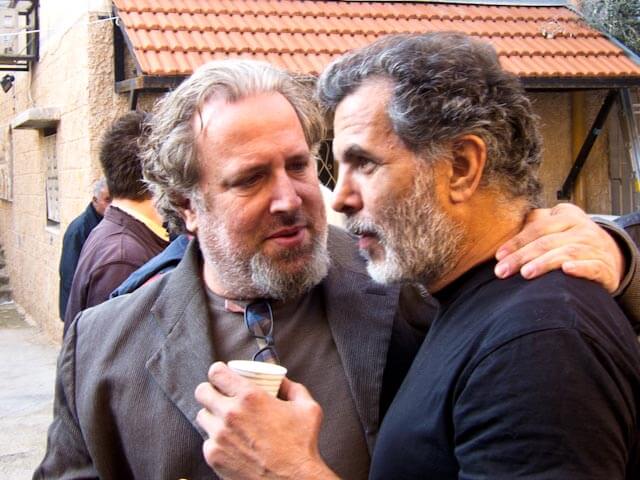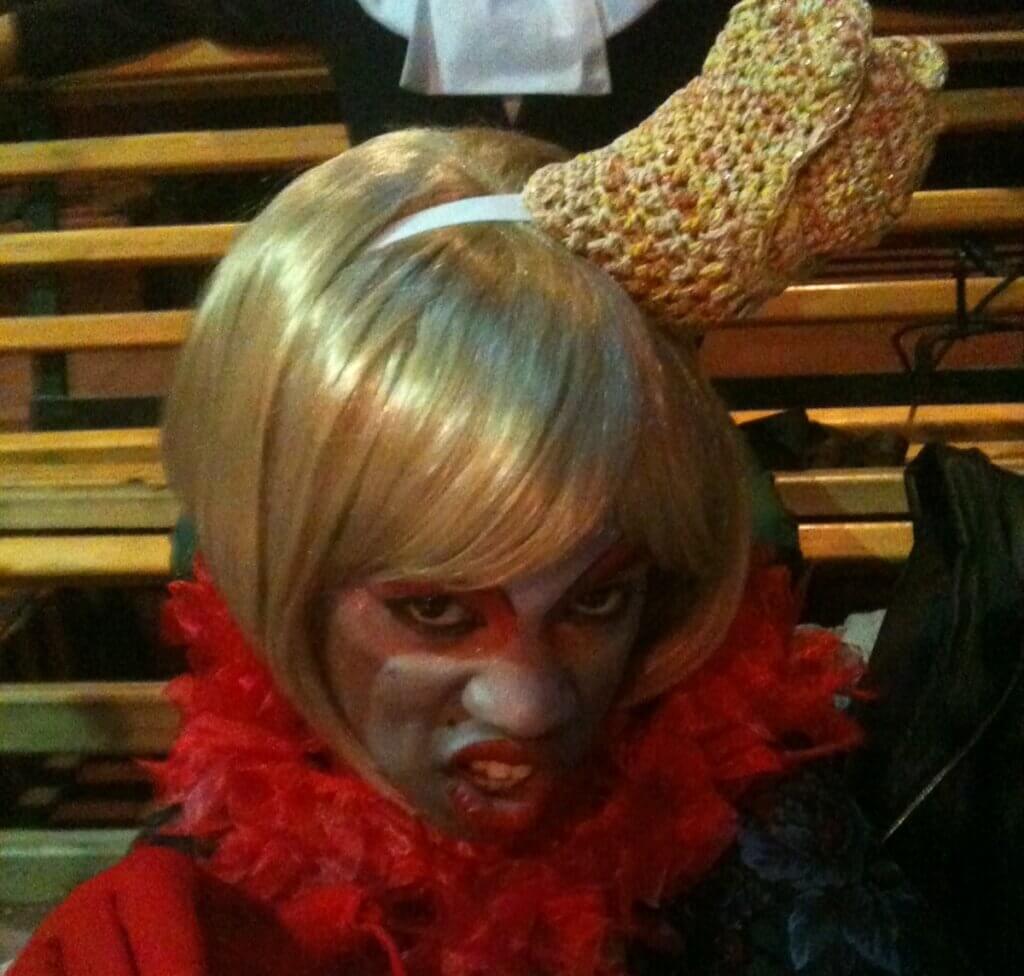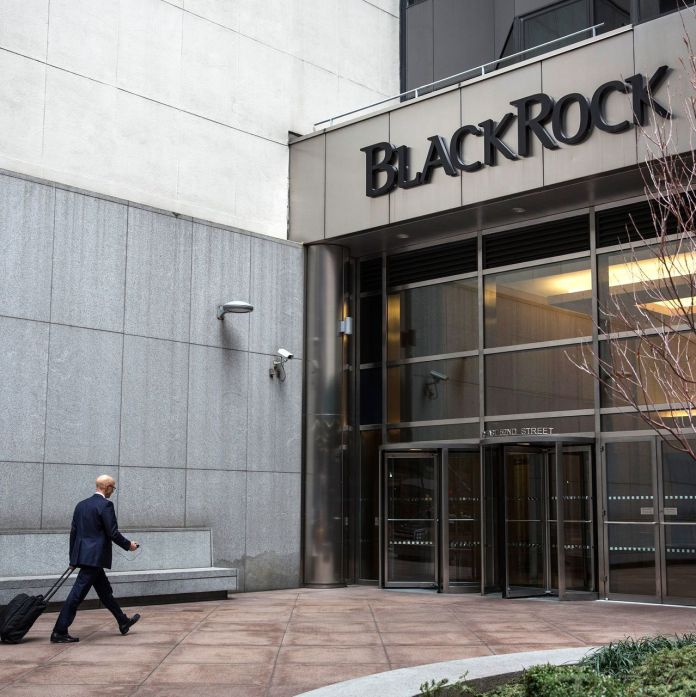Introduction: I could hardly breathe.
When I read about the escape from prison of Zakaria Zubeidi and his friends, memories of The Freedom Theater came back to me at once. In 2010-11, I worked in the Jenin refugee camp for a year, helping my beloved friend Juliano Mer Khamis in the theater until the day of his murder. After Juliano’s assassination I continued to work with his beloved students in Ramallah for another two years, making a film and staging “Waiting for Godot” but I have lost touch with Zakaria.
When I saw the picture of Zakaria on his knees, hands tied, with his eyes blindfolded, it paralyzed me and filled me with such deep sadness. I could hardly breathe.
So here I’m sharing three memories of Zakaria from the camp, dedicated to all political prisoners longing for freedom.
The cultural intifada
Eleven years ago I moved to Jenin, to Zakaria Zubeidi’s house, to help my beloved friend Juliano Mer Khamis at the Freedom Theater. My job was to teach film.
One of my students, Mustafa, wanted to film a nighttime car chase inside the narrow streets of the camp at the end of which the protagonist murders Mariam, in an act of a misogyny. The only one who was able to drive in reverse on the camp’s streets was Zakaria. And so, in the middle of the night we filmed Zakaria as he got into the red Toyota belonging to none other than my mother. Israel’s #1 most wanted person was driving off in a car belonging to Israel’s former education minister, Shulamit Aloni.
When we got to the location where the filming was supposed to take place, and I insisted on proper lighting because I am the film teacher. No problem, the students said, and they stole (or disassembled) a particularly powerful arc lamp from the theater and we connected it to the wiring at Zakaria’s house. The lighting was a bit dramatic, and I was holding the lamp, trying to aim it to produce a natural appearance for the late actor Rabia (who used to be one of Zakaria’s warriors but after collecting three bullets in the kidneys became a theater actor, where he found his happiness and later his death). Anyway, I shone the light on Rabia’s hand holding a gun, because it should appear as if he was shooting Zakaria’s gun, and Mustafa was taking a close-up shot. I explained that I would teach the students how to create a shooting effect the next day in the editing room. Mustafa refused and argued that if the bullet casing was not ejected from the gun, everyone would know that it is fake! Zakaria didn’t wait a second and said, “No problem, I will load the gun with real bullets, Mustafa will be able to photograph me shooting in close-up and then I will cut to Rabia with a long shot as if he is shooting.” I was shocked a bit at Zakaria’s filmmaking knowledge, and before I could disagree he had already loaded the cartridge and was ready to fire. I was still holding the arc lamp with my hands up, aiming at Zakaria’s hands, and Mustafa was preparing the shot with our Sony camera. The time was 1:00 am.
Suddenly I realized that if the army were to enter the camp, as it has done many times before, they would see yours faithfully with his hands up holding an arc lamp and Zakaria Zubeidi holding a loaded gun — and it would probably end very badly! Anyway, a chubby Jew with his hands up in the air holding a lamp in the middle of the night as a loaded gun is being pointed at him in the Jenin refugee camp looks more like a kidnapping than a movie. But as these terrifying thoughts swirled in my head, I suddenly burst out laughing. Juliano just arrived with a bottle of Black Label, quite admiring the set we had created in the middle of the night, and asked me what was so funny.
And I answered that I suddenly realized that this is the scene that explains it all — Zakaria Zubeidi from the second intifada shoots a gun as Mustafa shoots the scene with his camera, thus authenticating Juliano’s vision that the third intifada will be a cultural intifada, with the intifada’s baton being passed from the gun to the camera. And my role in the Freedom Theater simply came down to teaching the students how to properly illuminate the founding event.

A bi-national trickster
After visiting the Freedom Theater in Jenin and giving a lecture to the students on the film “Forgiveness”, I received an invitation from Juliano and the students to come and run the film department, and teach cinema at the Freedom Theater. For some reason it made perfect sense to me to move to Jenin with Juliano. Anyone who knew his charisma understands that saying “yes” is no less logical than saying “no” to such an offer.
When I arrived I realized that I would be living in Zakaria Zubeidi’s apartment, while he lived in the opposite house and we all would share a common yard. In the evening we drank tea together and talked about revolutionary culture and the future. One evening during my first weeks there, Zakaria arrived with his baby and a rifle. Juliano told Zakaria that his baby was really beautiful, and not to be as tough as his father had been. And for some reason Zakaria found it appropriate to say that if the baby grew up to be gay he would kill him, knowing that it would shock my progressive psyche.
And indeed I thought to myself that I was not in the right place. That in the end I am a privileged progressive white Jew who thinks he is doing what is good in the eyes of God, but is not really connected to reality as it is. Juliano straight away understood what was going through my mind, and immediately answered Zakaria with a counter-provocation: “But Zakaria, I have also slept with men, so what, will you kill me too?” I was a bit scared. I spent two weeks in the camp, I came to show solidarity with Palestine, not to confront direct homophobia and not in the guise of laughter nor certainly and definitely not when there is a gun on the chair in front of me! Zakaria paused, looked at me, and looked at Juliano. I look at Juliano, signaling to him to stop but he laughs. Then Zakaria looks at me and asks, “anjad, ya Udi?” Which means, “for real Udi?”
I did not know what to say, nor did I know if Juliano is telling the truth or just provoking Zakaria. So, I try to change the subject as if I were learning Arabic, I ask what is the proper answer to anjad? But Juliano does not let me dodge, he knows that if the matter is not resolved, I will leave the camp because it’s just too big for me, dealing with various conflicting struggles. So Juliano looks at me and says, “Tell him about The Kiss of the Spider Woman and me…” and laughs a trickster laugh that makes him even more handsome than he was already, and I realize that I’m taking part in the game, and I have no escape from it, and in my heart I descend on myself. And so I tell Zakaria that Juliano, whatever he plays in the theater, is what he is in life. He does not differentiate between presentation and reality. With Juliano everything is one. So when he played The Kiss of the Spider Woman — he only slept with men. Juliano was proud of my ingenuity, and I’m shaking with anger at the situation. Then Zakaria looks at me and Juliano and asks again “anjad?“
The rest of the conversation, by the way, takes place in fluent Hebrew, only the anjad is in Arabic. And we answer him, “yes .” Then Zakaria asks Juliano, “Why did you never tell me?! So, obviously I will not kill my child if he is gay,” and bursts out laughing, rolling around, and lifts the baby with one hand in the air and says he will be whatever he wants — free like Juliano!
And so I stayed in the camp for another year, slowly learning how to be a bi-national trickster and not run away from internal contradictions.

Alice in Wonderland
The Freedom Theater was founded by Juliano Mer Khamis in the heart of the Jenin refugee camp and life there was like an endless marvelous adventure from Alice in Wonderland, thanks to Juliano’s charisma and dramatic talent. Juliano and I lived on the hill at the end of the camp at Zakaria Zubeidi’s house, from where one could observe the camp. We would know when the Israeli army entered, and when the PA security force disappeared. Zakaria, not lacking in charisma himself, was a storyteller of stories that I personally, as one who prefers unarmed struggles, did not feel so comfortable with, but as a filmmaker I could not help but be fascinated with, perhaps as an inspiration for a future film that Juliano wanted to make, “Antigone in Jenin.”
At the time, we were working on the play Alice in Wonderland, writing at night and Juliano rehearsing during the day, and I was still driving my mom’s red Toyota. One late morning when I was about to go down to the theater Zakaria asked me to give him a ride, and when I opened the door for him he entered with a Kalashnikov. (I am aware that in photos he has an M16 but somehow I remember a Kalashnikov.)
I hesitated for a moment. I told him that I did not feel comfortable taking him in my car with a Kalashnikov. I came to help in a cultural struggle. Just the the day before, Juliano had spoken with Zakaria about the transition from armed struggle to BDS and to cultural action to create a non-violent environment for the struggle. Now in the car Zakaria began to explain to me why an armed struggle is justified. I replied that I believe that armed struggle for freedom is often justified, but not always necessary. But above all I, as an Israeli Jew, am only willing to help in an unarmed struggle, because for me the love of Palestine and the love of Israel are one and the same, and I will not agree to have weapons that could be pointed at my people in my car.
Zakaria looked at me for a moment, dramatically silent, smiled and said, “I respect this thinking, I too am now part of a cultural and unarmed struggle.” And he went home to leave the rifle. When he returned he sat in the car and said, “just do not ask me to buckle my seat.” Then I saw a pistol sticking out of his belt.
I look, he looks, and then Zakaria smiles and says, “Listen Udi, I did not bring the Kalashnikov because I respect your wish not to carry a weapon in your car that can harm your people, even though you are in my camp. But this pistol will not to be used against others, this gun is just so that if the undercover soldiers happen to catch me, or something like that, I’ll have time to put a bullet in my head. Because I’m not going back to their prison.”
He promised to jump out of the car first, so as not to dirty the car’s upholstery with his blood. And we both laughed as the car began to roll down the hill toward the theater to see rehearsals for Alice in Wonderland.
Hebrew versions of these stories were originally published on September 23, 2021 in Haaretz.
Udi Aloni
Udi Aloni is a filmmaker, writer, and artist whose work focuses on the interrelations between art, politics and theology in Israeli-Palestinian history and German-Jewish philosophy. His movies and visual art projects have been presented in various leading museums, galleries, and film festivals around the world. His new film “Why is We Americans?” will have its world premiere at the American Black Film Festival in November 2021.
So where are the Palestinian voices in mainstream media?
Mondoweiss covers the full picture of the struggle for justice in Palestine. Read by tens of thousands of people each month, our truth-telling journalism is an essential counterweight to the propaganda that passes for news in mainstream and legacy media.
Our news and analysis is available to everyone – which is why we need your support. Please contribute so that we can continue to raise the voices of those who advocate for the rights of Palestinians to live in dignity and peace.
Palestinians today are struggling for their lives as mainstream media turns away. Please support journalism that amplifies the urgent voices calling for freedom and justice in Palestine.
Related posts:
Views: 0
 RSS Feed
RSS Feed

















 October 2nd, 2021
October 2nd, 2021  Awake Goy
Awake Goy 



 Posted in
Posted in  Tags:
Tags: 
















